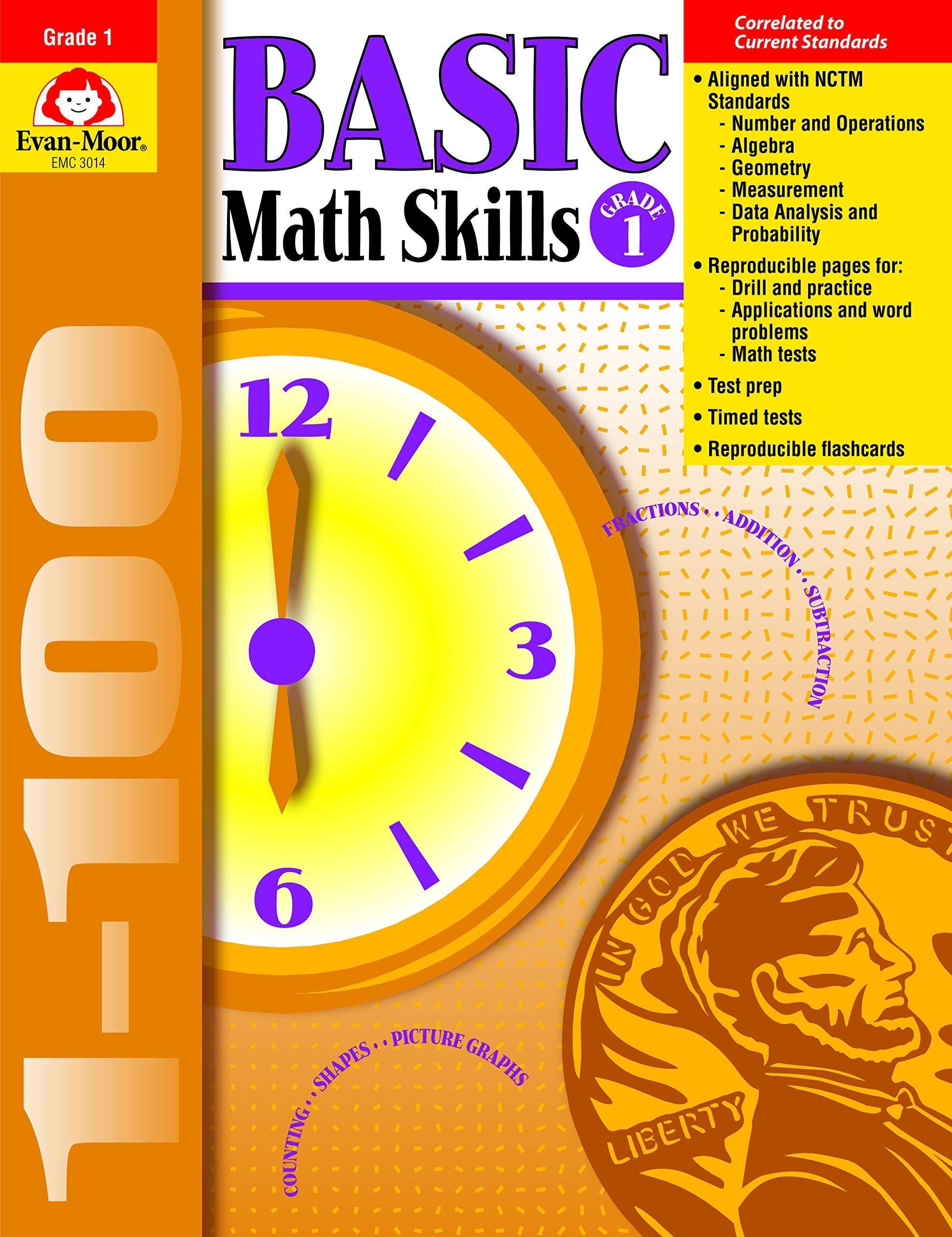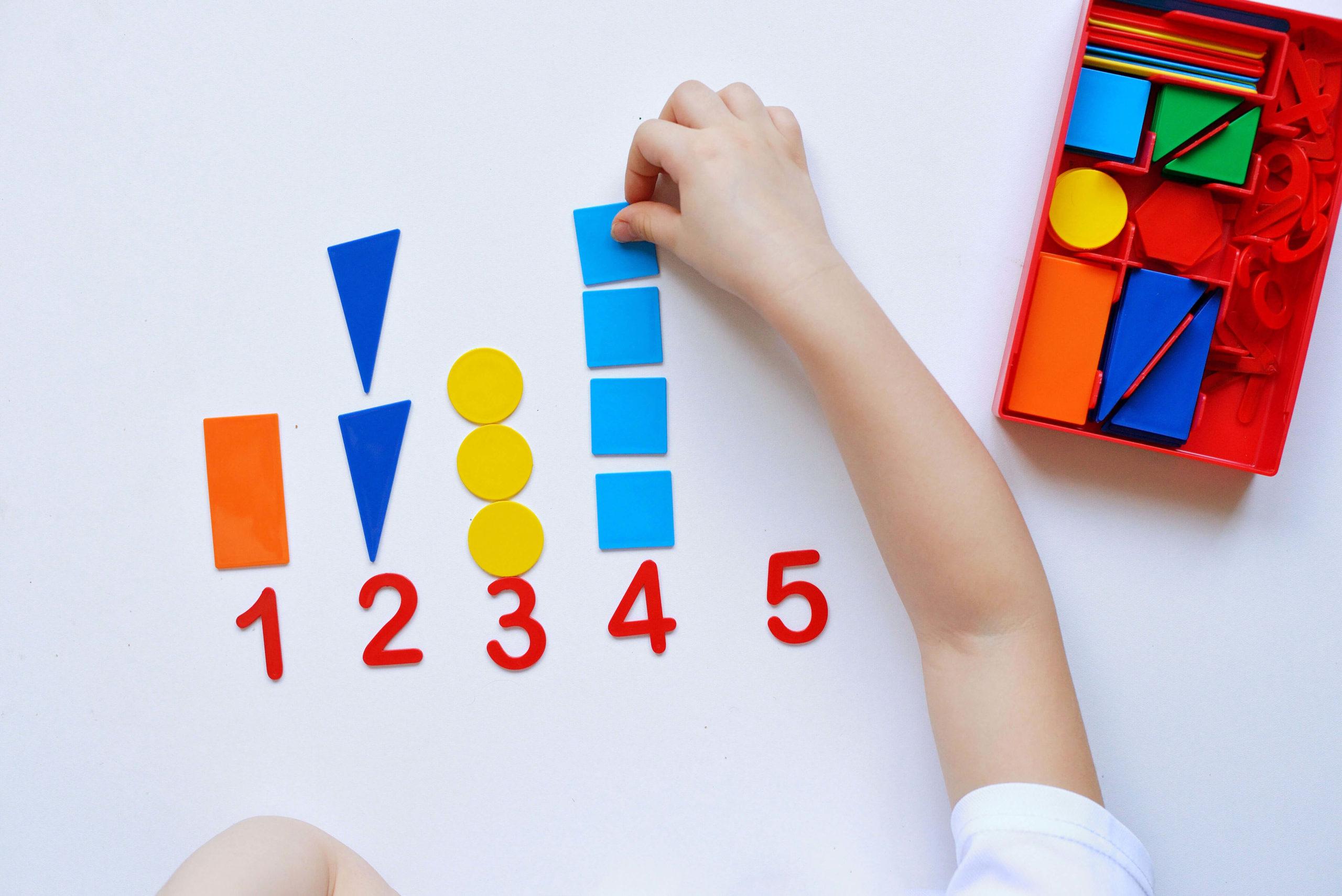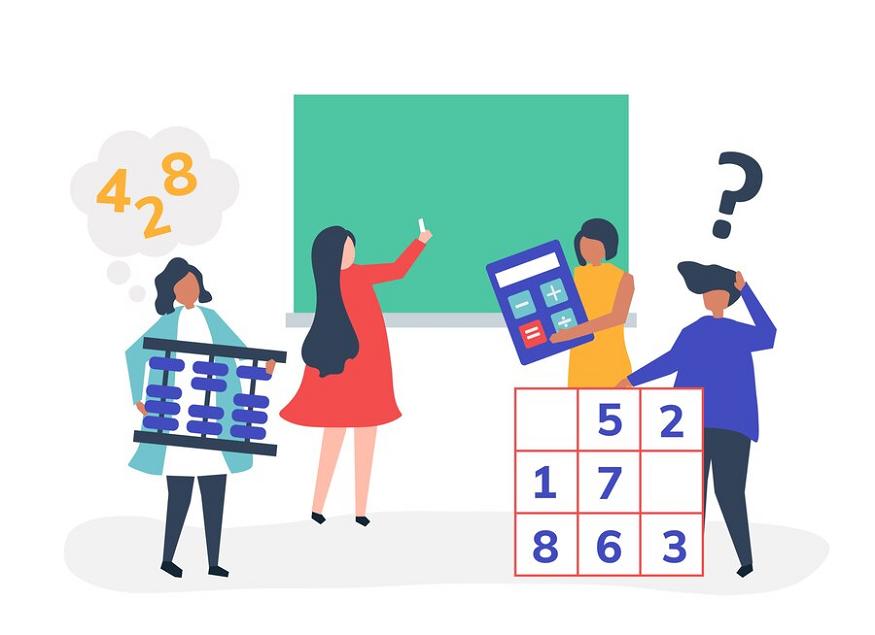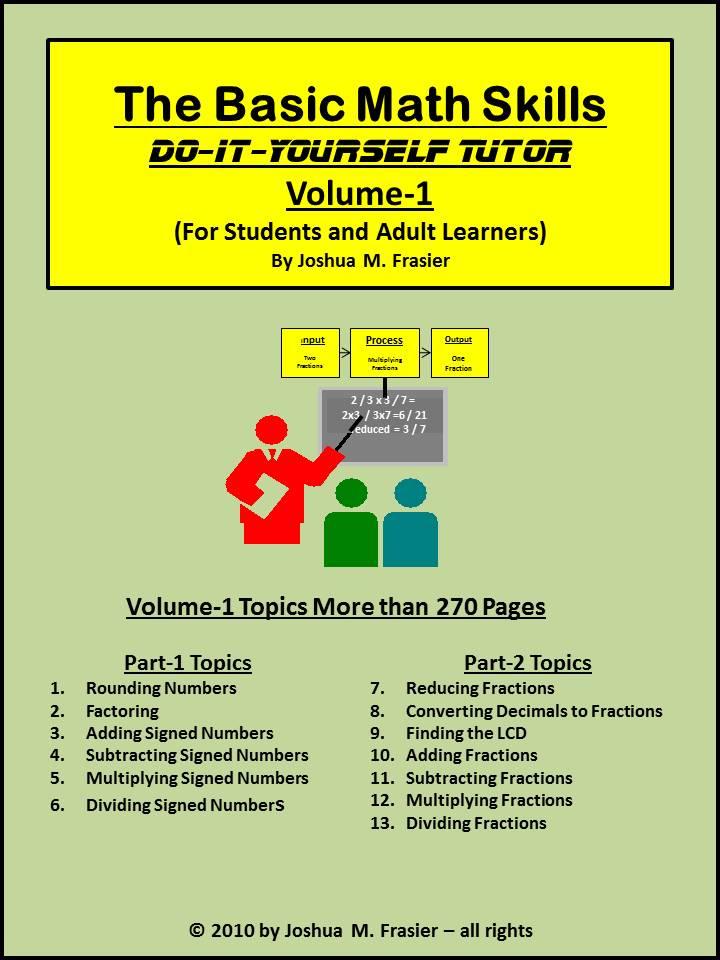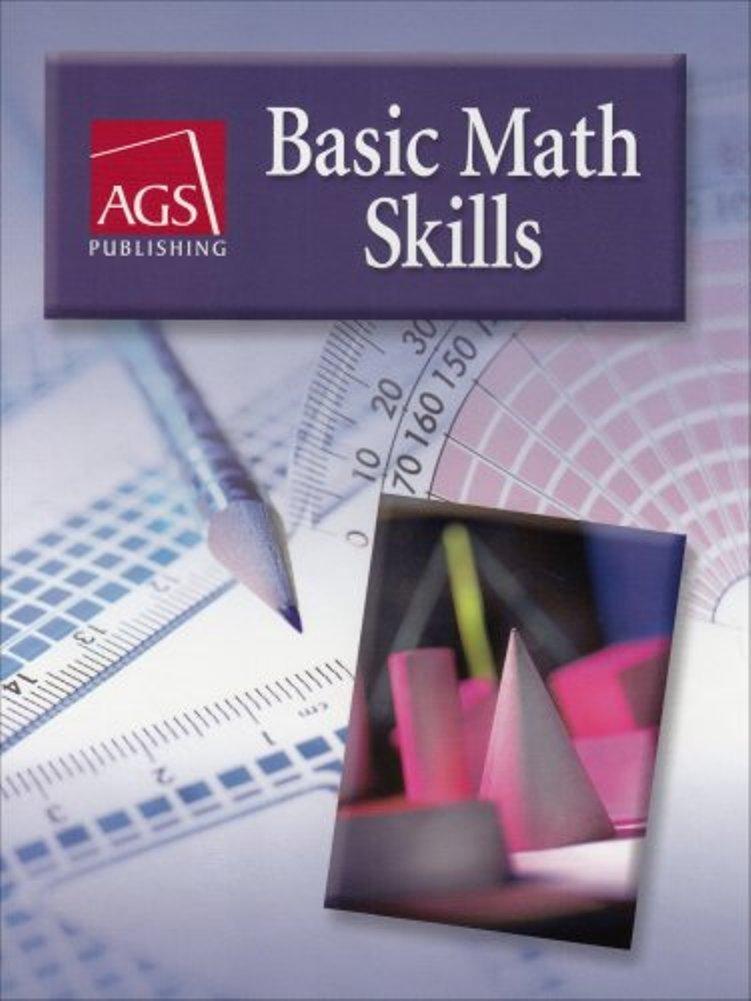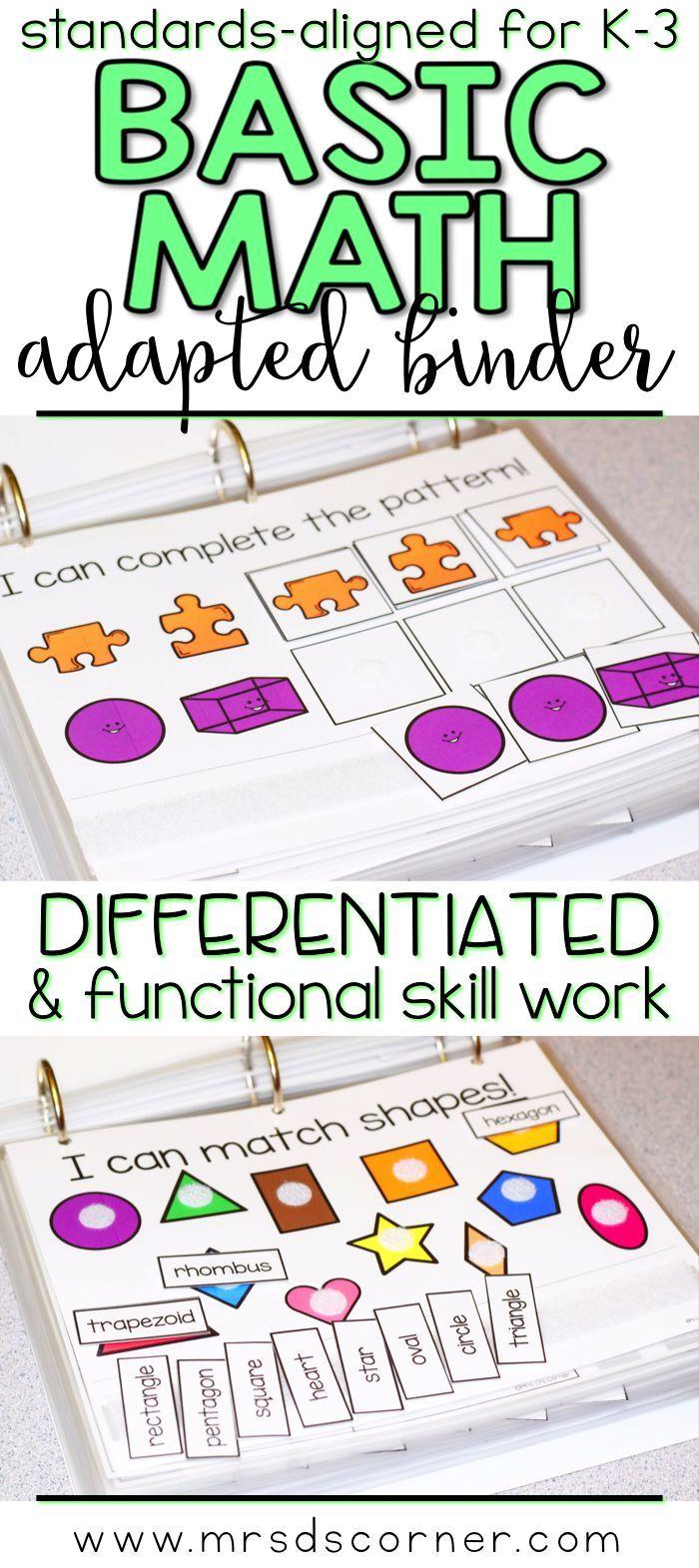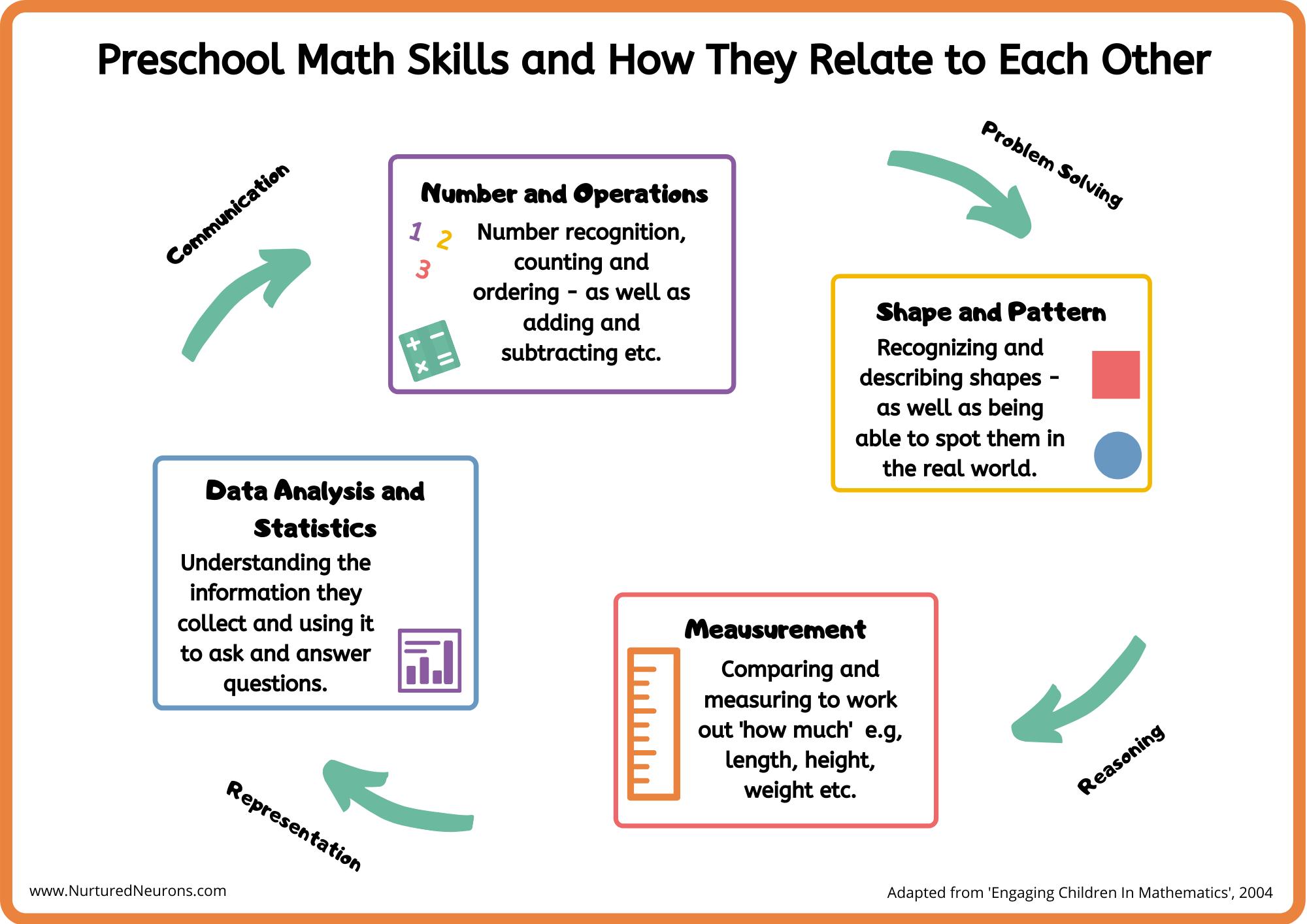
Developing preschool math skills is essential for young children to build a strong foundation in mathematics and problem-solving. Here are 7 simple ways to nurture math skills in preschoolers:
1. Counting and Number Recognition: Engage your child in daily activities that involve counting, such as counting blocks, toys, or fruits. Point out numbers on signs, clocks, and calendars. You can also play number recognition games like "What's Missing?" where your child has to identify a number that's missing from a sequence.
Simple activity: Count the number of spoons needed for snack time and ask your child to count along with you.
2. Shapes and Patterns: Introduce your child to basic shapes like squares, circles, triangles, and rectangles. Use everyday objects to point out these shapes. You can also create simple patterns using blocks, toys, or pictures and ask your child to continue the pattern.
Simple activity: Create a pattern using colored blocks, such as red, blue, red, blue, and ask your child to continue the pattern.
3. Measurement: Use everyday objects to demonstrate measurement concepts like length, weight, and capacity. For example, compare the length of your child's arms to a ruler or the weight of a toy car to a book.
Simple activity: Use a measuring cup to pour water into a container and ask your child to estimate the volume.
4. Sorting and Categorizing: Engage your child in activities that involve sorting and categorizing objects by shape, color, size, or texture. This helps develop problem-solving skills and pattern recognition.
Simple activity: Ask your child to sort toys by shape (e.g., squares, circles) or color (e.g., red, blue).
5. Addition and Subtraction: Use real-life scenarios to introduce basic addition and subtraction concepts. For example, if you have 3 toy cars and add 2 more, how many cars do you have now? If you have 5 blocks and take away 2, how many blocks are left?
Simple activity: Use a set of number cards (0-10) and ask your child to add or subtract a specific number to solve a problem (e.g., 3 + 2 = ?).
6. Geometry: Introduce basic geometry concepts like spatial awareness and orientation. Use everyday objects to demonstrate concepts like above, below, beside, and inside.
Simple activity: Play a game where you hide an object behind another object and ask your child to find it, using phrases like "It's above the book" or "It's beside the toy".
7. Everyday Math: Incorporate math into daily routines and activities, such as:
* Counting money while shopping
* Measuring ingredients while cooking
* Telling time on a clock
* Counting stairs while walking up or down
* Measuring the length of a toy car using a ruler
Simple activity: Ask your child to help you count the number of stairs needed to get to their favorite toy or book.
Remember, the key is to make math learning fun and engaging for your preschooler. Encourage their curiosity and creativity, and be patient and supportive as they develop their math skills.
